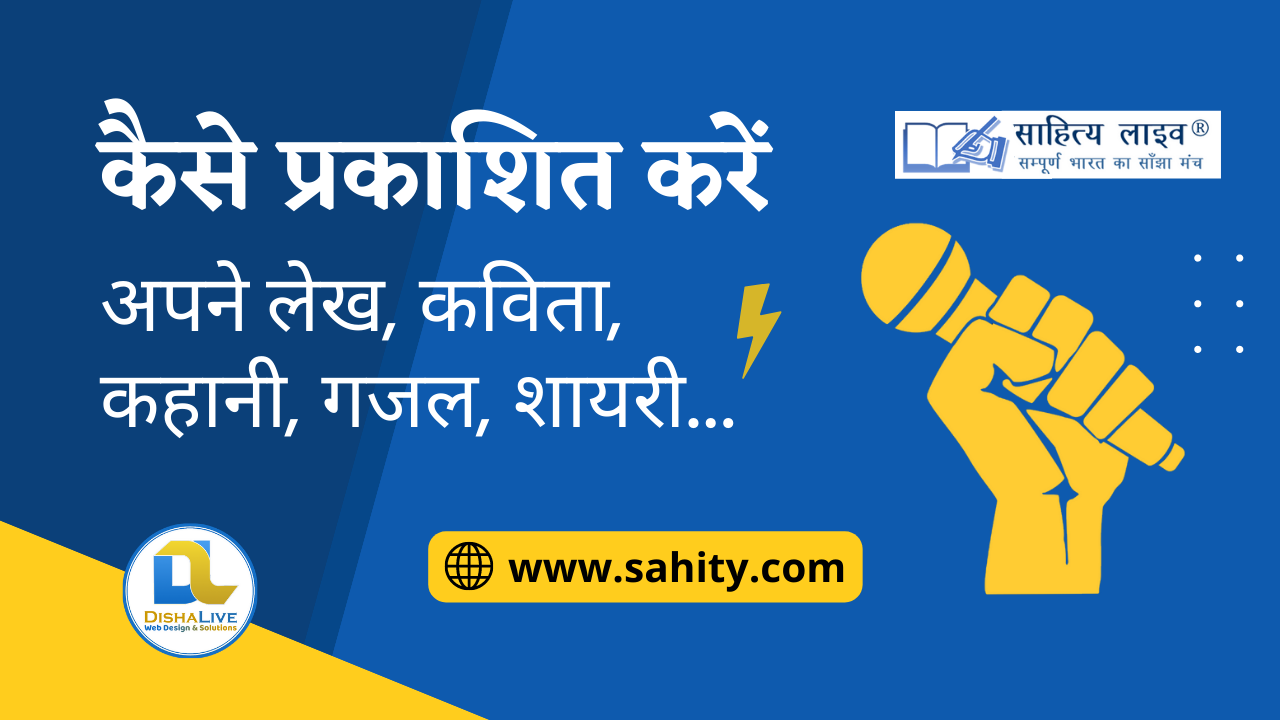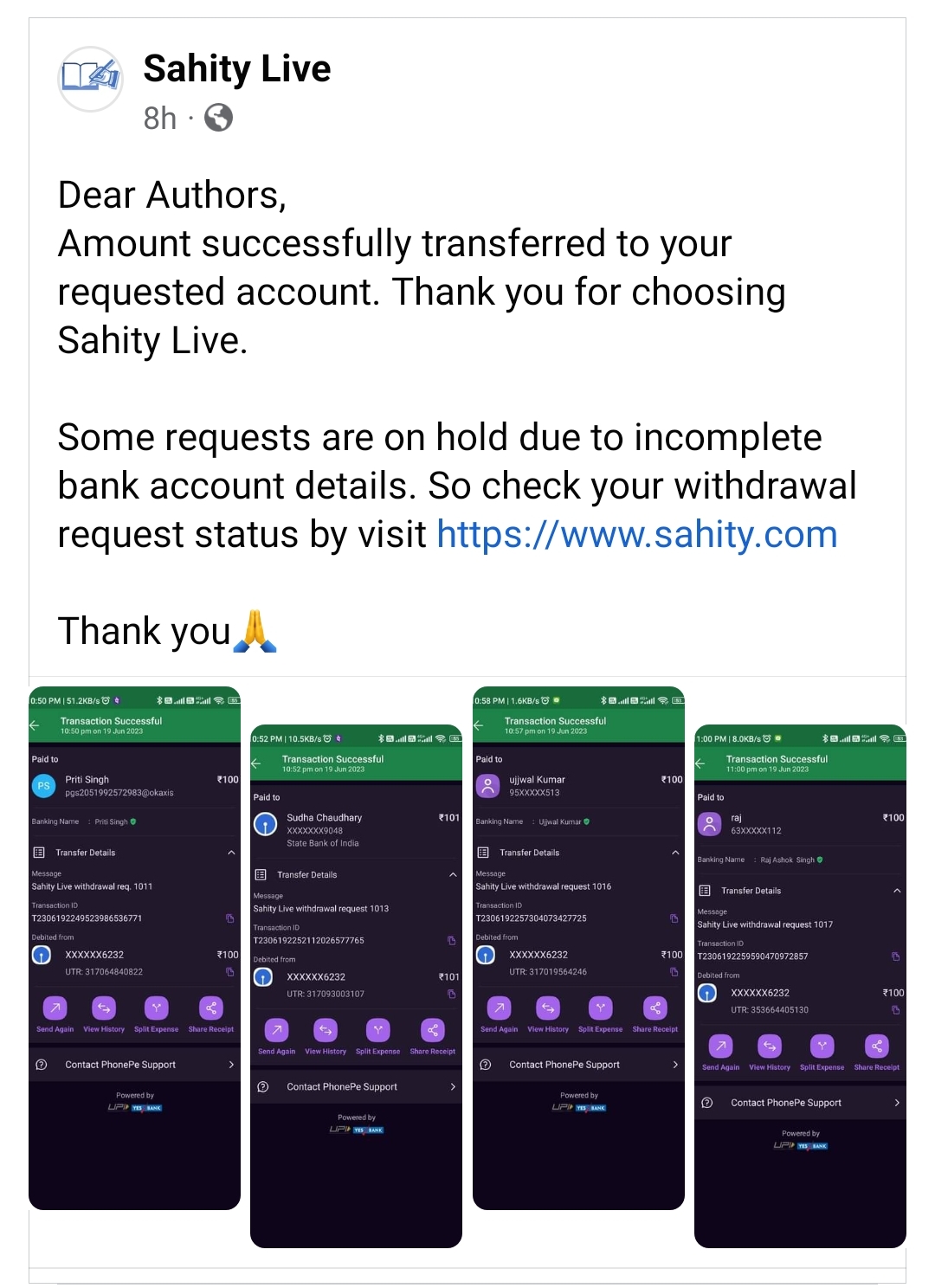Sanskardhani should be evidence of loss of reputation
Dr Satywan Saurabh 05 Apr 2023 आलेख समाजिक 5918 0 English :: English
Sanskardhani should be evidence of loss of reputation Defamation cases have increased in India in the last few years. On trivial grounds, government leaders file defamation suits against each other, followed by cross-defamation suits. Many cases have been registered against politicians like Arvind Kejriwal, Rahul Gandhi, and Smriti Irani. This has sparked debate in the media, highlighting the need to revisit India's defamation laws. The purpose of defamation law is to protect the reputation of people. Its central issue is how to balance this goal with the conflicting demands for freedom of expression. Since both these interests are highly regarded in our society, the former perhaps as the most cherished quality of civilized human beings, and the latter as the basis of a democratic society. - Dr. Satyawan Saurabh Defamation means to hurt or damage the reputation of a person. The term defamation is derived from the Latin word defamatory which means to broadcast or spread information about a person that may damage that person's reputation. Therefore, defamation is nothing but hurting someone's reputation. Defamation is both a civil and criminal offense. The criminal law of defamation is codified, but the civil law of defamation is not. In civil law, defamation is covered by tort law, but in criminal law, it is covered by sections 499 to 502 of the Indian Penal Code, 1860. As per section 500 of the IPC, defamation is punishable with imprisonment of up to two years or with a fine. Defamation cases have increased in India in the last few years. On trivial grounds, government leaders file defamation suits against each other, followed by cross-defamation suits. Many cases have been registered against politicians like Arvind Kejriwal, Rahul Gandhi, and Smriti Irani. This has sparked debate in the media, highlighting the need to revisit India's defamation laws. Defamation laws can be abused in most countries, but India's laws are the worst. Not only are they vague, but they also go the extra step of making defamation a criminal offense. This is only made worse by the fact that the current legal system is broken enough to allow those with wealth to use defamation to intimidate critics. While the right to reputation may be protected by the Constitution, it should not be at the cost of freedom of expression. Free speech is essential because, among other things, it enables the media to hold government and individuals accountable. Freedom of speech must also protect the right to insult within reasonable limits, that is, to legitimately criticize the rich and powerful. The Indian Penal Code 1860 lists defamation as a criminal offense, making it punishable by fine or imprisonment, or both. There are many reasons why this is a problem. There is the stigma of being arrested and charged with a crime. The fact that it was made a crime at a time when fighting to protect one's reputation was common. The fact that the IPC does not recognize irony or hold the truth as an absolute defense. The fact that there are both civil and criminal remedies for the same injury forces an already overburdened judiciary to respond to the same matter twice. One of the most important elements of a democratic democracy is the fundamental right to freedom of speech and expression, which enables people to participate fully and efficiently in the social and political processes of the country. Freedom of speech allows people to share their beliefs and political views. This ultimately leads to the betterment of society and the economy. Consequently, freedom of expression provides a framework by which a proper balance between peace and social change can be achieved. But above all is the fact that criminalizing defamation is a wholly unjustified restriction on free speech, while the global norm is that a civil suit for damages is sufficient to protect reputation. This overzealous restriction on free speech fails the constitutional test that such restrictions are "reasonable" and needs to be ended. Its impact on free speech and democratic accountability is too high a price to pay for protecting the reputation of the individual. Defamation reform can best be done through the enactment of a new law. Such legislation should decriminalize defamation and reform civil defamation to make it fair and transparent. While enacting a new law, it would be unwise if the law does not take into account the internet and new media while deciding issues such as who can be punished for defamation and how. Limitations must also be set for civil defamation—not only must the harm to reputation be serious, but the evidence must also be substantial. The complainant must demonstrate that his or her reputation has suffered material damage as a direct result of the alleged statement. Truth, opinion, and reasonable inference should also be made viable defenses in defamation suits. Lastly, the courts should be empowered to impose exemplary costs on frivolous litigations that waste their time. The purpose of defamation law is to protect the reputation of people. Its central issue is how to balance this goal with the conflicting demands for freedom of expression. Since both these interests are highly regarded in our society, the former perhaps as the most cherished quality of civilized human beings, and the latter as the basis of a democratic society. Sometimes, when free speech is contrary to a person's reputation, it becomes appropriate for the State to set a limit, lest free speech becomes a weapon in the hands of a few. There is a dire need for a system that educates and sensitizes people about what to do and what not to do, what is wrong and what is right and what is defamation and what is not defamation. --- Dr. Satyawan 'Saurabh' Poet, freelance journalist, and columnist, All India Radio and TV panelist, 333, Pari Vatika, Kaushalya Bhawan, Barwa (Siwani) Bhiwani, Haryana – 127045 Mobile:9466526148,01255281381 (M) 01255-281381 (Talks) (M) 94665-26148 (Talk+Whats App) Facebook - https://www.facebook.com/saty.verma333 twitter- https://twitter.com/SatyawanSaurabh .
Comments & Reviews
Post a comment
The Author
Latest Articles
Category & Topics
Related Articles
किसी भी व्यक्ति को जिंदगी में खुशहाल रहना है तो अपनी नजरिया , विचार व्यव्हार को बदलना जरुरी है !
जैसे -धर्य , नजरिया ,सहनशीलता ,ईमानदारी read more >>




